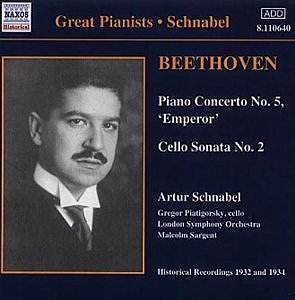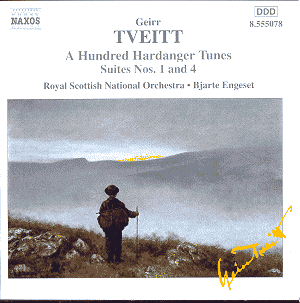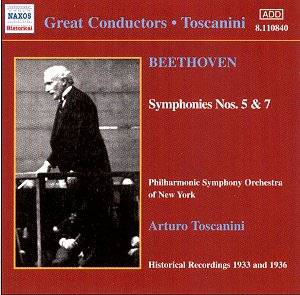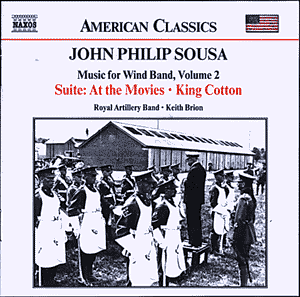 Composer: Ludwig van Beethoven
Composer: Ludwig van Beethoven
Works: Piano Concerto no. 5 in E flat, op. 73 – “Emperor”; Cello Sonata in G minor, op. 5/2
Performers: Artur Schnabel (pianoforte), London Symphony Orchestra/Sir Malcolm Sargent (1), Gregor Piatigorsky (violoncello) (2)
Recording: 24.3.1932, Abbey Road Studio no. 1 (1); 6 & 16.12.1934, Abbey Road Studio no. 3 (2)
Label: NAXOS
Beethoven’s “Emperor” Concerto stands as a monumental testament to his late style, encapsulating both the grandeur and the introspective nature that characterize his final works. Composed between 1809 and 1811, this concerto marks a pivotal moment in the evolution of the piano concerto, reflecting the tension between the emerging Romantic sensibility and classical forms. The juxtaposition of the expansive orchestral framework with the lyrical piano passages reveals a profound dialogue that has captivated audiences for generations.
Artur Schnabel’s interpretation, recorded in the early 1930s, is imbued with a sense of authority and depth that is immediately compelling. Despite the limitations of the recording technology of the time, Schnabel’s artistry shines through. The initial movement unfolds majestically, with Schnabel adopting a tempo that is both commanding and flexible, allowing moments of reflection to breathe without sacrificing the overarching momentum. The interplay between the soloist and the orchestra, under Sir Malcolm Sargent’s direction, is taut and vibrant, showcasing Beethoven’s intricate orchestration. Sargent’s ability to maintain clarity in the orchestral textures is commendable, particularly in light of the recording’s stridency; the upper strings do indeed cut through with a slightly abrasive edge, yet this does not overshadow the performance’s compelling narrative.
The slow movement of the concerto offers a striking contrast, with Schnabel exhibiting a noble lyricism that is both heartfelt and disciplined. His phrasing is beautifully sculpted, eschewing unnecessary rubato while allowing the music’s inherent expressiveness to surface. This balance between structure and emotion is a hallmark of Schnabel’s playing, reflecting his deep understanding of Beethoven’s intent. Although the finale reveals some slight hesitations in Schnabel’s articulation of the main theme—perhaps a manifestation of his excitement—the resilience of Sargent and the orchestra holds the performance aloft, allowing for a spirited conclusion.
Turning to the Cello Sonata, the recording quality is notably less vibrant, yet the sound remains unobjectionable. The chemistry between Schnabel and the legendary cellist Gregor Piatigorsky is palpable, with their dialogue embodying the very essence of chamber music. Schnabel’s approach in this work is intimate, revealing a nuanced understanding of the sonata’s conversational nature. The balance between the piano and cello, though not perfect, reflects a thoughtful interplay that many modern recordings fail to capture. Piatigorsky’s warm tone complements Schnabel’s clarity, creating a rich tapestry of sound that invites the listener into a world of musical camaraderie.
The historical context of these recordings cannot be overlooked; they serve as a bridge between the classical ideals of performance and the expressive freedoms that would define the 20th century. Schnabel’s interpretations, while rooted in tradition, exhibit a forward-thinking sensibility that resonates with contemporary audiences. Despite the technical imperfections of the recordings, the performances possess an enduring vitality that speaks to their artistic integrity.
The technical challenges presented by the recordings, particularly in the “Emperor” Concerto, do not detract from the profound musical experience offered by Schnabel and his collaborators. While one may hope for a more sonorous transfer, the essence of their artistry prevails, making this Naxos release a worthwhile addition to any collection. Those who appreciate interpretative depth and historical context will find much to admire in this distinguished performance, reaffirming Schnabel’s status as one of the great interpreters of Beethoven.



